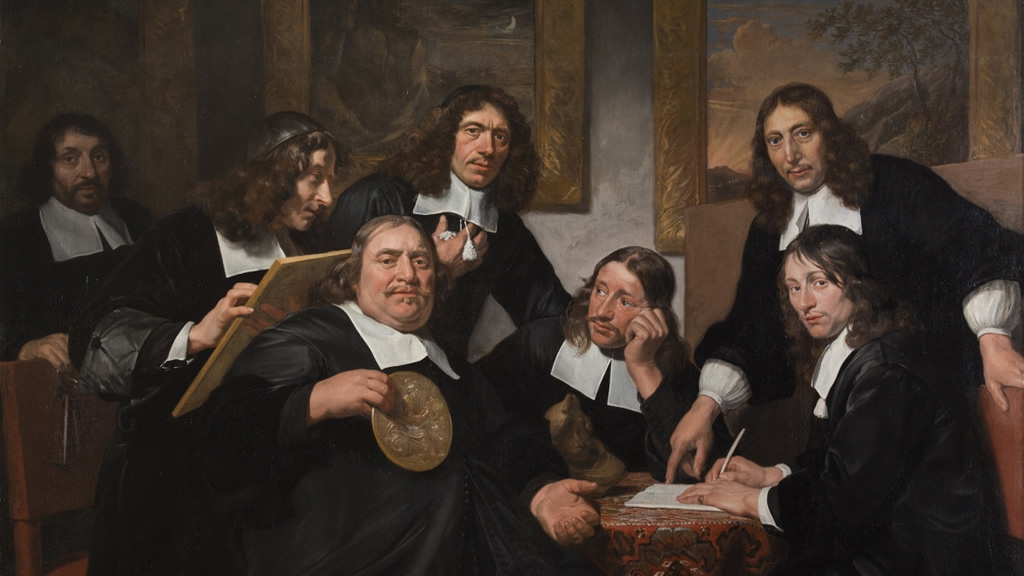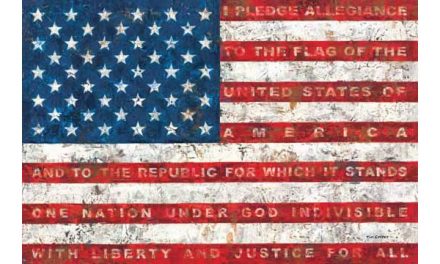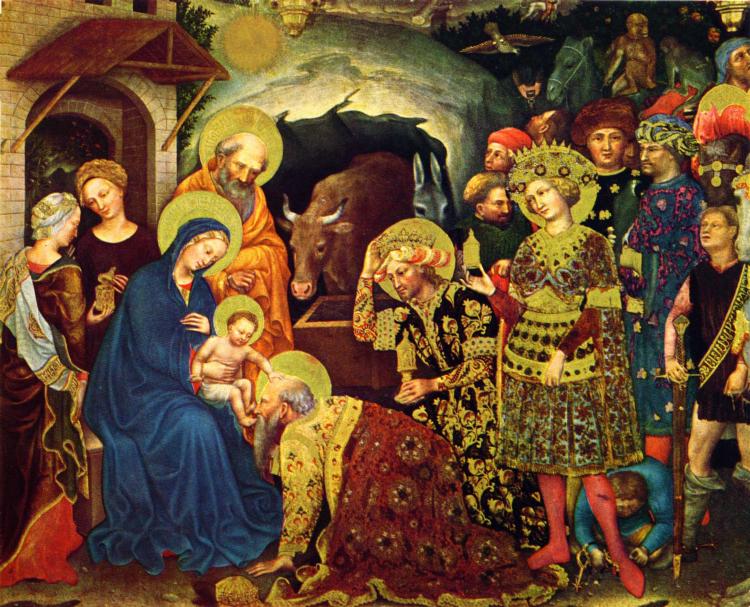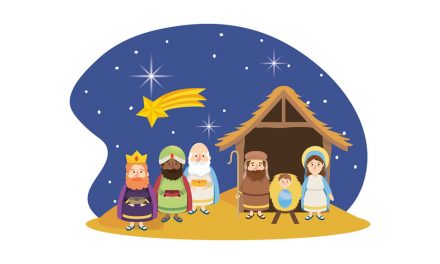We’re familiar with the idea that the French, German and Nordic languages have had a great impact on the English language. Lesser known is the impact of Dutch. Given the rich heritage the Dutch have with the sea it won’t be surprising to find that many of the words have a nautical flavour. In this article we look at how our modern English language has subsumed Dutch words and expressions with out us even knowing it.
Aardvark : from both Afrikaans and Dutch, literally “earth-pig” (the animal burrows), from aarde (=”earth”) + varken (=”pig”)
Ahoy : from hoi (=”hi”, “hello”)
Avast : a nautical interjection (=”hold! stop!”), probably worn down from Dutch houd vast (=”hold fast” or “hold steady”)
Bamboo : from Dutch bamboe, from Portuguese bambu, earlier mambu (16th century), probably from Malay samambu, though some suspect this is itself an imported word
Bazooka : “metal tube rocket launcher,” from name of a junkyard musical instrument used as a prop by U.S. comedian Bob Burns, extension of bazoo (slang for “mouth” or “boastful talk”), probably from Dutch bazuin (=”trumpet”)
Beaker : from beker (=”mug, cup”)
Beleaguer : from belegeren (=”besiege, attack with an army”), leger (=”army”)
Bicker : “a skirmish, fight,” bikern, probably from Middle Dutch bicken (=”to slash, stab, attack”) + -er, Middle English frequentative suffix
Blare : blèren (=”to wail”), possibly from an unrecorded Old English *blæren, or from Middle Dutch blèren (=”to bleat, cry, bawl, shout”)
Blink : from Middle Dutch blinken (=”to glitter”)
Blister : from Old French blestre, perhaps from a Scandinavian source or from Middle Dutch blyster (=”swelling”)
Block (solid piece) : from Old French bloc (=”log, block”), via Middle Dutch bloc (=”trunk of a tree”) or Old High German bloh
Bluff (poker term) : perhaps from Dutch bluffen (=”to brag, boast”) or verbluffen (=”to baffle, mislead”)
Bluff (landscape feature) : from Dutch blaf (=”flat, broad”), apparently a North Sea nautical term for ships with flat vertical bows, later extended to landscape features
Blunderbuss : from Dutch donderbus, from donder (=”thunder”) + bus (=”gun,” originally “box, tube”), altered by resemblance to blunder
Boom : from boom (=”tree”); cognate to English beam, German baum
Booze : from Middle Dutch busen (=”to drink in excess”); according to JW de Vries busen is equivalent to buizen
Boss : from baas
Bow (front of a ship) : from boeg
Brackish : from Scottish brack, from Middle Dutch brak (=”salty,” also “worthless”)
Brandy (wine) : from brandewijn (literally “burnt wine”)
Brawl : from brallen
Buckwheat : from Middle Dutch boecweite (=”beech wheat”) because of its resemblance between grains and seed of beech wheat.
Bumpkin : from bommekijn (=”little barrel”)
Bung : from Middle Dutch bonge (=”stopper”), or perhaps from French bonde, which may be of Germanic origin, or from Gaulish bunda
Buoy : from boei (=”shackle” or “buoy”)
Caboose : from kambuis or kombuis (=”ship’s kitchen”, “galley”)
Cockatoo : from kaketoe
Coleslaw : from koolsla (literally “cabbage salad”)
Commodore : probably from Dutch kommandeur, from French commandeur, from Old French comandeor
Cookie : from koekje, or in informal Dutch koekie (=”biscuit”, “cookie”)
Crimp : from krimpen (= “to shrink”)
Cruise : from Dutch kruisen (=”to cross, sail to and fro”), from kruis (=”cross”)
Dam : from Middle Dutch dam (compare Amsterdam or Rotterdam)
Deck : from dek (originally “covering”)
Decoy : from de kooi (=”the cage,” used of a pond surrounded by nets, into which wildfowl were lured for capture)
Dike : from dijk (=”embankment”)
Dock (maritime) : from Middle Dutch or Middle Low German docke
Domineer : from Dutch domineren (=”to rule”)
Drill (verb) : from Middle Dutch dril, drille and in modern Dutch drillen
Easel : from ezel (=originally (and still) “donkey”)
Elope : from ontlopen (run away)
Etch : from ets or etsen
Flense : from Danish flense or Dutch vlensen
Foist : from Dutch vuisten (=”take in hand”), from Middle Dutch vuist (=”fist”)
Forlorn hope : from verloren hoop (literally “lost heap,” figuratively “suicide mission,” “cannon fodder”). Forlorn also has identical cognates in German and the Scandinavian languages
Freebooter : from vrijbuiter
Frolic : from vrolijk (=”cheerful”)
Furlough : from verlof (=”permission (to leave)”)
Geek : from geck (gek) (=”fool”)
Gherkin : from Dutch plural of gurk (=”cucumber”), shortened form of East Frisian augurk
Gin : from jenever
Golf : from kolf (=”bat, club,” but also a game played with these)
Grab : from grijpen (=”to seize, to grasp, to snatch”)
Gruff : from Middle Dutch or Middle Low German grof (=”coarse (in quality), thick, large”)
Hankering : from Middle Dutch hankeren or Dutch hunkeren
Howitzer : from Dutch houwitzer, which in turn comes from German Haussnitz and later Haubitze.
Hoist : possibly from Middle Dutch hijsen
Iceberg : probably from Dutch ijsberg (literally ice mountain).
Keelhauling : from kielhalen (literally “to haul keel”)
Kink : from kink referring to a twist in a rope
Knapsack : possibly from knapzak (literally “bag of snacks”)
Landscape : from landschap
Leak : possibly from lekken (=”to drip, to leak”)
Loafer : from loper (=”walker”)
Loiter : from Middle Dutch loteren
Luck : from Middle Dutch luc, shortening of gheluc (=”happiness, good fortune”)(‘geluk’ in modern Dutch)
Maelstrom : from maalstroom (literally “grinding current” or “stirring current”) (possibly Norse in origin)
Mast : from Dutch mast, having the same meaning.
Measles : possibly from Middle Dutch masel “blemish” (modern Dutch: mazelen)
Meerkat : from both Afrikaans and Dutch meerkat (but the words do not have the same meaning)
Morass : from moeras (=”swamp”)
Offal : possibly from Middle Dutch afval (=”leftovers, rubbish”)
Pickle : c.1440, probably from Middle Dutch pekel
Plug : from plugge, originally a maritime term.
Polder : from polder
Poppycock : from pappekak (=dialect for “soft dung”)
Pump : from pomp
Puss : Pet name for a cat, from Poes
Quack : shortened from quacksalver, from kwakzalver (literally “someone who daubs ointments”)
Roster : from rooster (=”schedule, or grating/grill”)
Rover : from rover (=”robber”)
Rucksack : from rugzak (=”bag that is carried on your back”)
Santa Claus : from Middle Dutch Sinterklaas (=”Saint Nicholas”), bishop of Asia Minor who became a patron saint for children. (Dutch and Flemish feast celebrated on the 5th and 6 December respectively) (Origins of Santa Claus in US culture)
Schooner (boat) : from schoener
Scow : from schouw (a type of boat)
Scum (as in lowest class of humanity) : from schuim (froth, foam)
Shoal : from Middle Dutch schole (=”large number (of fish)”) (modern Dutch: markt) (etymology not sure)
Skate : from schaats. The noun was originally adopted as in Dutch, with ‘skates’ being the singular form of the noun; due to the similarity to regular English plurals this form was ultimately used as the plural while ‘skate’ was derived for use as singular.”
Sketch : from schets
to Scour : from Middle Dutch scuren (now “schuren”), cognate of the English word “shower”.
Skipper : from Middle Dutch scipper (now schipper, literally “shipper”)
Sled, sleigh : from Middle Dutch slede, slee
Slim : “thin, slight, slender,” from Dutch slim “bad, sly, clever,” from Middle Dutch slim “bad, crooked,”
Sloop : from sloep
Slurp : from slurpen
Smack (boat) : possibly from smak “sailboat,” perhaps so-called from the sound made by its sails
Smelt : from smelten (=”to melt”)
Smuggler : from Low German smuggeln or Dutch smokkelen (=”to transport (goods) illegally”), apparently a frequentative formation of a word meaning “to sneak”
Snack : perhaps from Middle Dutch snakken (=”to long” (snakken naar lucht=”to gasp for air”) originally “to eat”/”chatter”)
Snicker : from Dutch snikken (=”to gasp, sob”)
Snoop : from snoepen (to eat (possibly in secret) something sweet)
Snuff : from snuiftabak (literally “sniff tobacco”)
Split : from Middle Dutch splitten
Spook : from spook (=”ghost(ly image)”)
Stoker : from stoken (=”stoke a fire”)
Stoop (steps) : from stoep (=road up a dike, usually right-angled)
Stove : from Middle Dutch stove (=”heated room”). The Dutch word stoof, pronounced similarly, is a small (often wooden) box with holes in it. One would place glowing coals inside so it would emanate heat, and then put one’s feet on top of it while sitting (in a chair) to keep one’s feet warm.
Sutler : from zoetelaar (=”one who sweetens”, sweetener, old-fashioned for “camp cook”)
Tattoo (military term) : from taptoe (literally “close the tap”). So called because police used to visit taverns in the evening to shut off the taps of casks.
Trigger : from trekker (Trekken =”to pull”)
Tulip : from tulp
Veld : from Cape Dutch, used in South African English to describe a field
Waffle (noun) : from Dutch wafel, from Middle Dutch or Middle Low German wafel
Wagon : from Dutch wagen, Middle Dutch waghen (= “cart, carriage, wagon”)
Wiggle : from wiggelen (= “to wobble, to wiggle”) or wiegen (= “to rock”)
Wildebeest : from Dutch “wilde” (= “wild”) and “beest” (= “beast”) Wildebeest
Wreck : from Dutch wrak
Yacht : from Dutch jacht, from Middle Low German jacht, short for jachtschip (literally “hunting ship”)
Yankee : from Jan Kees, a personal name, originally used mockingly to describe pro-French revolutionary citizens, with allusion to the small keeshond dog, then for “colonials” in New Amsterdam. This is not the only possible etymology for the word yankee, however; the Oxford English Dictionary has quotes with the term from as early as 1765, quite some time before the French Revolution.





